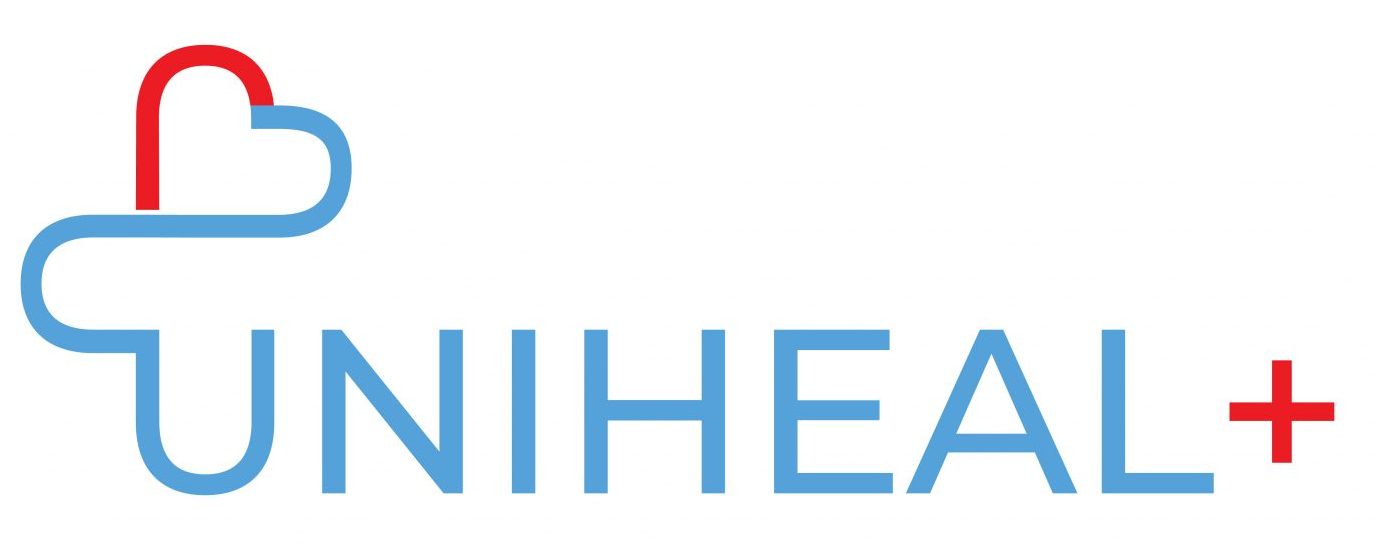Did you know? In response to the outbreak of #COVID19 in 2020, when over half of the world’s population was in lockdown and people were encouraged to use the time to self-study and learn new skills, we’ve maintained an overview of e-Learning tools and online courses offered by the United Nations System. There are hundreds of courses available, covering a wide range of topics, from sustainable development to human rights, climate change to nuclear safety, and many more.
To know more: https://unric.org/en/sharpen-your-skills-during-lockdown-with-united-nations-e-learning-courses/






